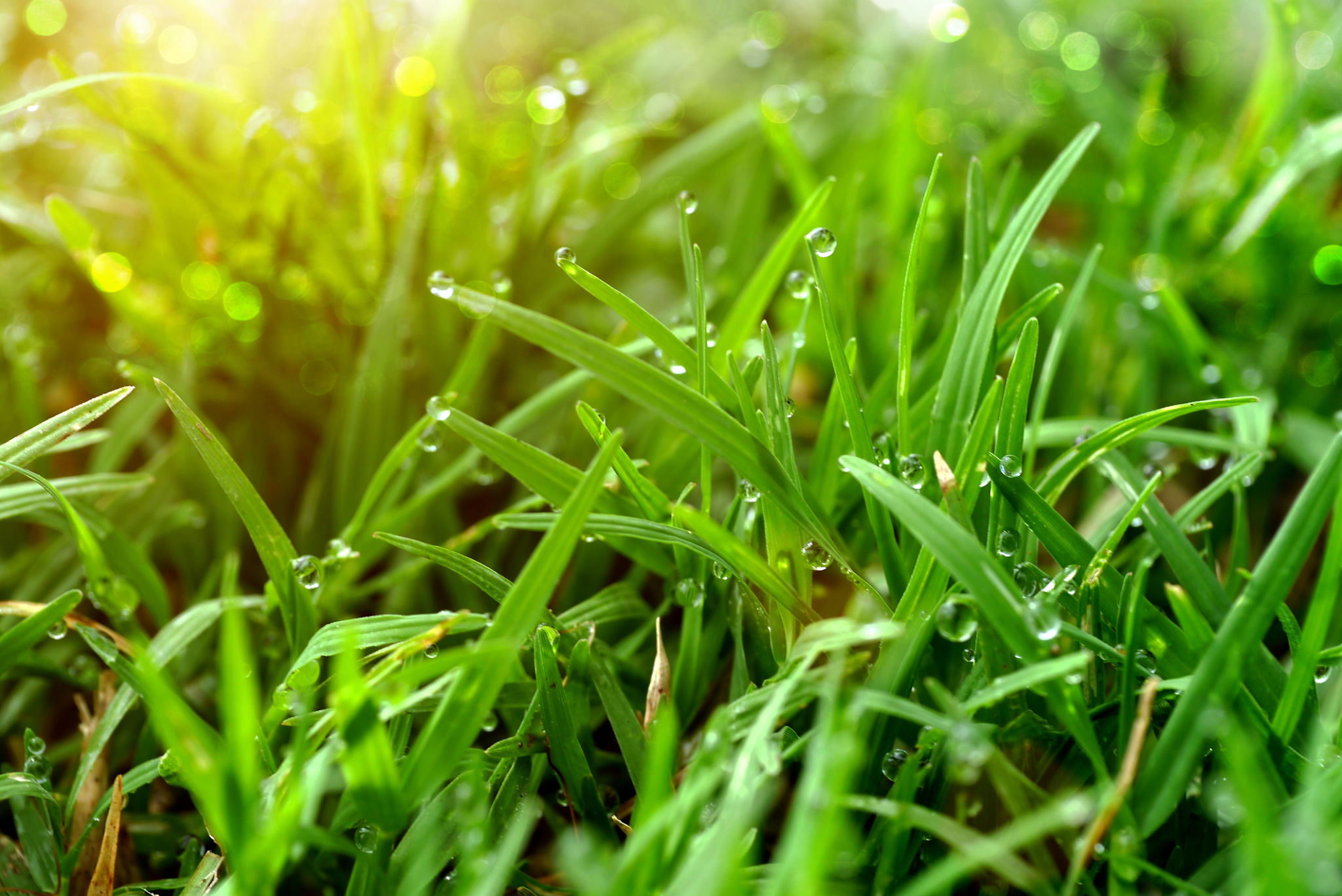Common Bermuda Grass Problems and How to Solve Them
Understanding Common Bermuda Grass Problems
Bermuda grass is a popular choice for lawns due to its resilience and lush appearance. However, like any grass type, it can encounter various issues that affect its health and aesthetics. Identifying these problems early can help you maintain a vibrant lawn.
One of the most common issues with Bermuda grass is thinning or bare patches. These can be caused by several factors, including overuse, poor soil quality, or pest infestations. Regular maintenance and proper care are essential to preventing these problems from escalating.

Pest Infestations
Bermuda grass is susceptible to various pests such as armyworms, grubs, and mole crickets. These pests can cause significant damage if not addressed promptly. Signs of pest infestations include irregular patches of brown grass and visible insects on the lawn surface.
To manage pest problems, consider using a targeted pesticide or natural remedies like neem oil. Additionally, promoting a healthy lawn through regular mowing and watering can make your grass more resistant to pest invasions.
Weed Invasion
Weeds are a common nuisance for Bermuda grass lawns. They compete with grass for nutrients, sunlight, and water, which can lead to a weakened lawn. Common weeds that affect Bermuda grass include crabgrass and nutsedge.

To combat weeds, employ a multi-faceted approach that includes pre-emergent herbicides to prevent weed seeds from germinating and post-emergent herbicides to tackle existing weeds. Regular mowing and ensuring your lawn is thick and healthy can also help suppress weed growth.
Disease and Fungal Issues
Bermuda grass can fall prey to diseases such as dollar spot, brown patch, and leaf spot. These diseases often manifest as brown spots or lesions on the grass blades. Excess moisture, poor drainage, and low nitrogen levels often contribute to these problems.
To prevent and treat fungal diseases, ensure proper lawn aeration and drainage. Applying a fungicide may be necessary for severe cases. It's also crucial to maintain an appropriate fertilization schedule to keep your grass healthy and resilient.

Soil Compaction
Soil compaction is another issue that can affect Bermuda grass growth. Compacted soil reduces root growth and water infiltration, leading to poor lawn health. Symptoms include water pooling on the surface and difficulty in lawn penetration during aeration attempts.
Aerating your lawn annually can help alleviate soil compaction. This process involves removing small plugs of soil from the lawn to allow air, water, and nutrients to penetrate deeper into the soil, promoting healthier root systems.
Improper Mowing Practices
Improper mowing is a common cause of Bermuda grass problems. Cutting the grass too short can stress the lawn, while infrequent mowing allows thatch build-up, which harbors pests and disease.
To maintain optimal health, mow your Bermuda grass regularly at the recommended height of about 1 to 1.5 inches. Make sure your mower blades are sharp to prevent tearing the grass blades, which can lead to disease.